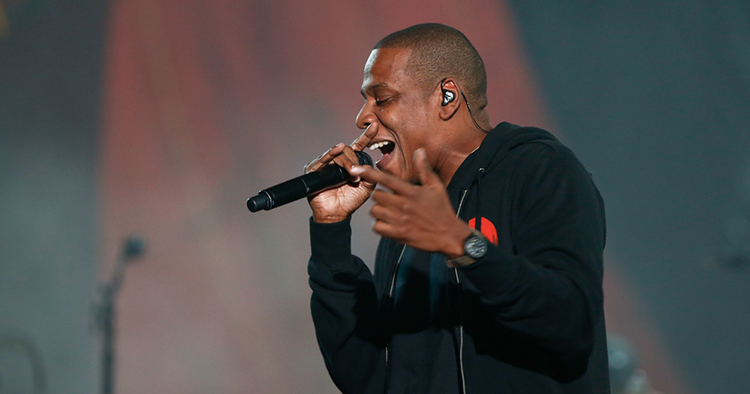Composer's heir can't sue Jay-Z to enforce moral rights to flute song in 'Big Pimpin',' court says

Jay-Z. Debby Wong / Shutterstock.com
The nephew of an Egyptian composer has no standing to sue Jay-Z and producer Timbaland for copyright infringement for sampling a flute melody in his rap hit “Big Pimpin',” a federal appeals court has ruled.
The San Francisco-based 9th U.S. Circuit Court of Appeals said Jay-Z and Timbaland could not be sued under an Egyptian law that recognizes the “moral right” of an author to object to distortions and mutilations of copyrighted material, report Law360, Courthouse News Service, Reuters and the Hollywood Reporter. How Appealing notes the decision.
The Berne Convention, an international copyright agreement, gives foreign copyright holders the same protection granted to people in the United States. But U.S. law doesn’t recognize the kind of moral rights claimed by the heir, Osama Ahmed Fahmy, the court said. “That Fahmy retains moral rights in Egypt does him no good here,” the court said.
Even if U.S. law did recognize the moral rights of musical composers, the rights retained by Fahmy entitle him only to injunctive relief, rather than economic damages, the 9th Circuit said. To obtain the injunction, Fahmy would have to offer compensation to Jay-Z, which didn’t occur.
At issue was Jay-Z’s use of the flute tune in “Khosara, Khosara,” which means “what a loss, what a loss.” Economic rights to the song had been transferred to EMI, which had objected to the use of the song and subsequently received $100,000 from Timbaland.
Timbaland’s lawyer, Christine Lepera, told Law360 and Courthouse News Service that the 9th Circuit decision distinguishes “between moral rights which are not actionable in the United States, and the economic right in a copyright, which is.”
According to the Hollywood Reporter, “the decision matters beyond music as many foreign countries confer moral rights to creators of copyrighted works.” The United States does recognize moral rights, but only for certain works of visual art.



